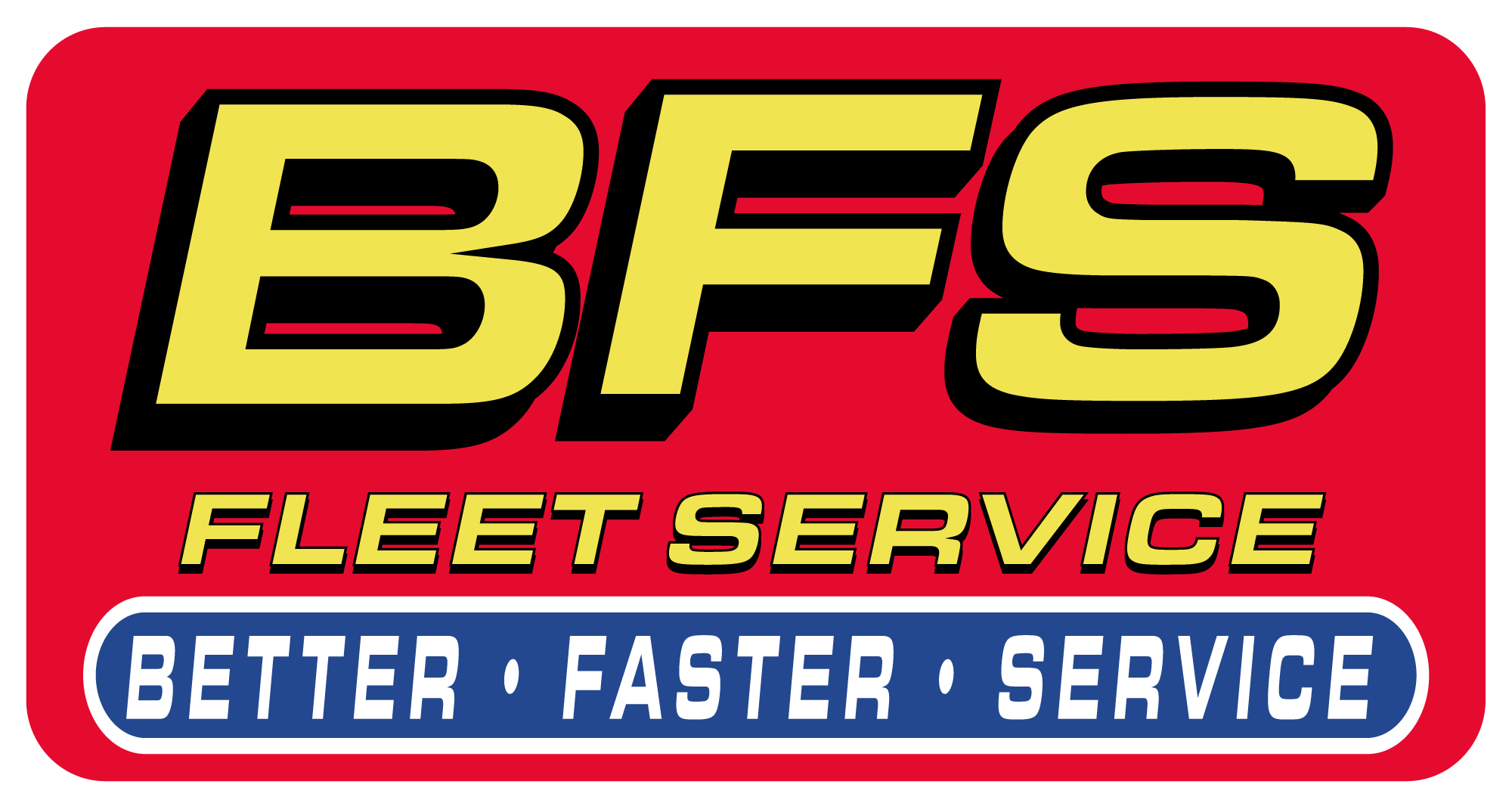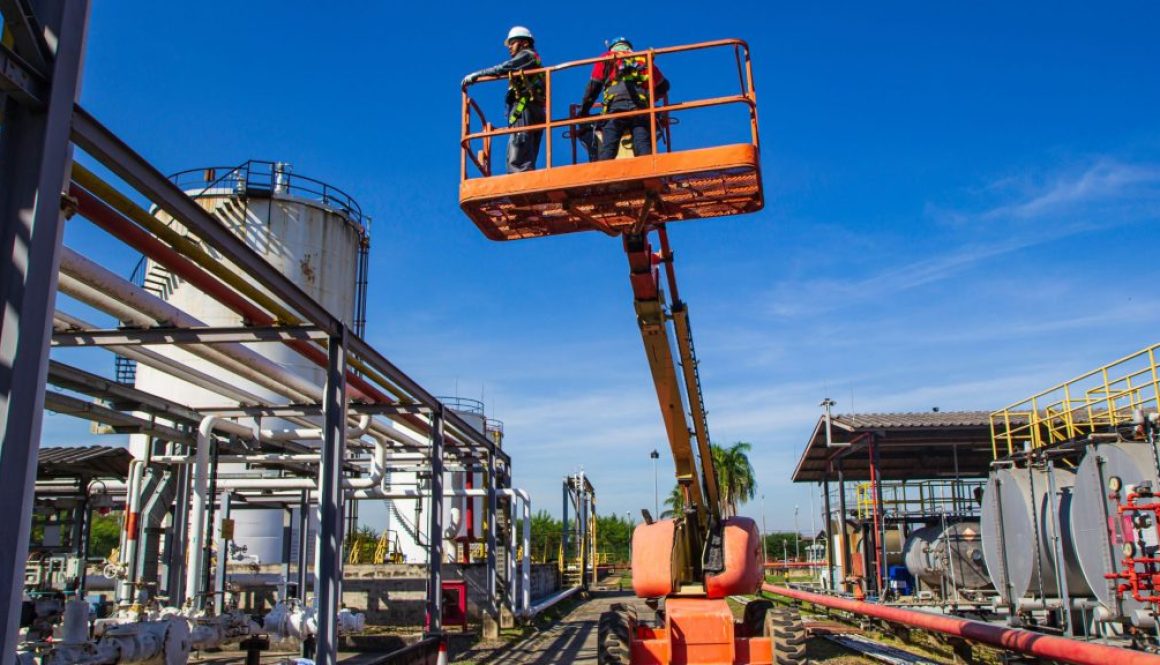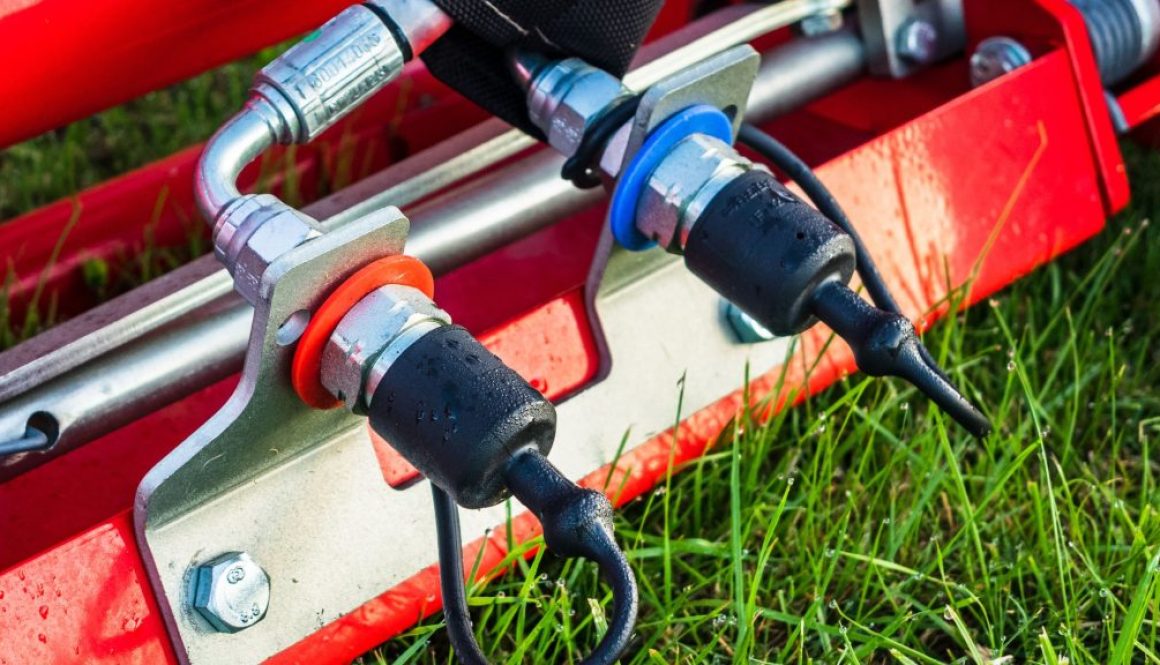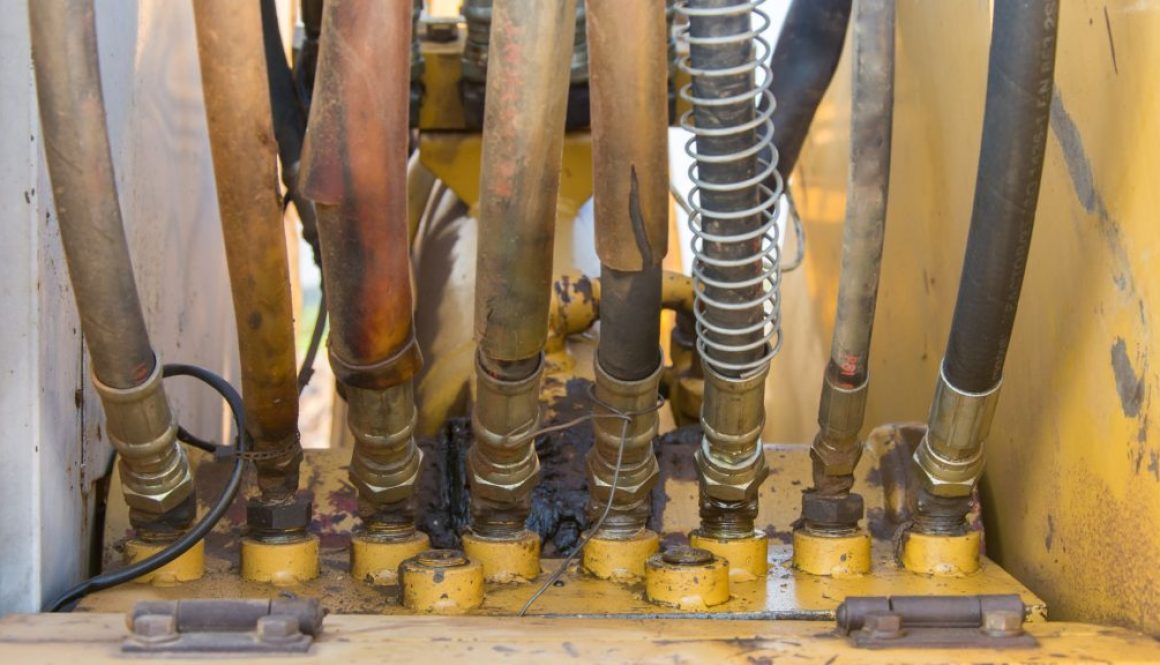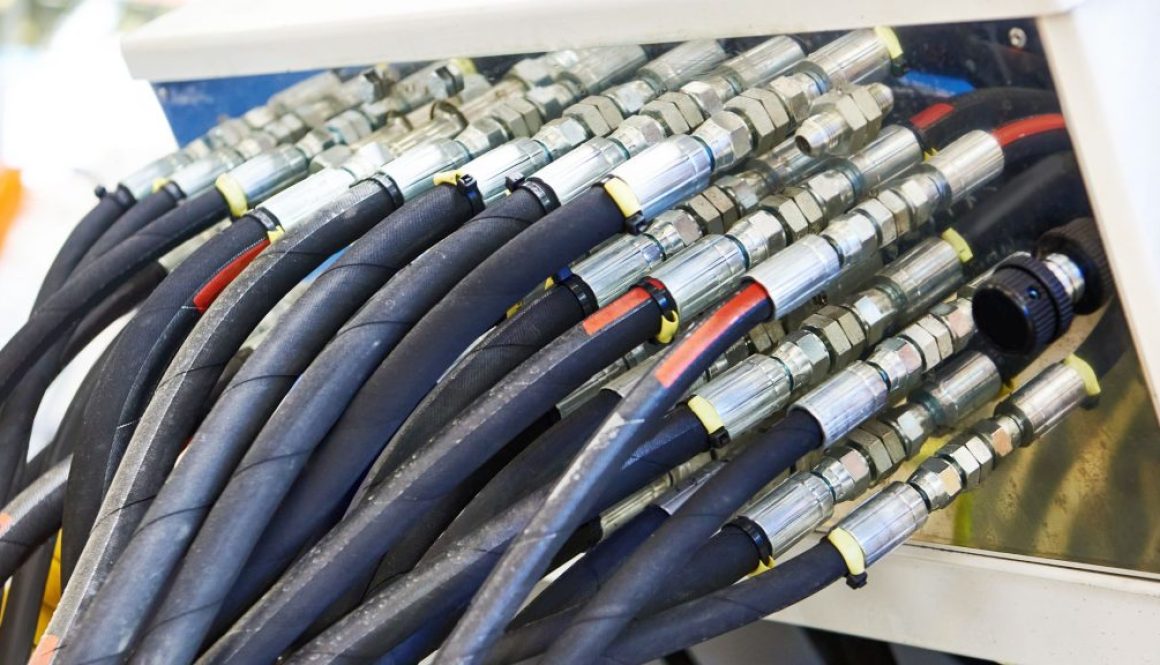How to Prevent Hydraulic Hose Leaks in Your Fleet Vehicles
Hydraulic hose leaks aren’t just an inconvenience — they can lead to costly downtime, environmental hazards, and safety risks for your team. In fleet vehicles, leaks can cause system inefficiencies, impact performance, and result in expensive emergency repairs. According to the National Fluid Power Association (NFPA), up to 80% of hydraulic failures are caused by fluid contamination or hose degradation, both of which are preventable with proper care.
Common Causes of Hydraulic Hose Leaks
Understanding why leaks occur helps you prevent them:
- Aging Hoses: Over time, hoses become brittle and prone to cracking.
- Improper Installation: Incorrect routing or overtightened fittings can cause premature wear.
- Abrasion: Hoses rubbing against sharp or moving parts can develop leaks.
- Contaminated Fluid: Dirt and debris in hydraulic fluid accelerate hose degradation.
- Excessive Pressure or Heat: Operating outside recommended specifications strains hoses.
Top Strategies to Prevent Hydraulic Hose Leaks
- Regular Visual Inspections: Examine hoses for cracks, bulges, and signs of wear. Look for wet spots that indicate leaks.
- Replace Hoses Before They Fail: Don’t wait for visible damage. Proactively replace hoses nearing the end of their service life.
- Proper Hose Routing: Ensure hoses aren’t twisted or rubbing against other components. Use clamps or sleeves where needed.
- Maintain Fluid Cleanliness: Contaminated fluid accelerates hose wear. Perform routine fluid analysis and replace fluid as needed.
- Monitor System Pressure: Ensure hydraulic systems are operating within manufacturer-recommended limits.
- Use Quality Replacement Parts: Always replace hoses with high-quality components rated for your specific application.
Implementing a Preventive Maintenance Program
Preventing leaks requires a structured maintenance plan:
- Schedule Regular Inspections: Weekly or monthly inspections based on vehicle usage.
- Log Hose Replacements: Track hose lifespans to identify when replacements are due.
- Train Staff: Teach drivers and technicians how to spot early warning signs of hose failure.
- Partner with Experts: Work with certified hydraulic specialists for periodic inspections and repairs.
Consequences of Ignoring Leaks
Neglecting hydraulic leaks can lead to cascading problems, including:
- Increased Operating Costs: Fluid loss and inefficiency reduce productivity.
- Environmental Hazards: Leaks can contaminate work sites and lead to regulatory fines.
- Major Component Damage: A simple hose leak can escalate into pump or valve failure.
- Extended Downtime: Emergency repairs take longer and cost more than preventive maintenance.
BFS Fleet Services: Your Partner in Leak Prevention
At BFS Fleet Services, we provide comprehensive hydraulic system inspections, fluid analysis, and proactive hose replacements to prevent leaks before they start. Our mobile team in Buffalo delivers on-site service to keep your fleet vehicles operating safely and efficiently.
